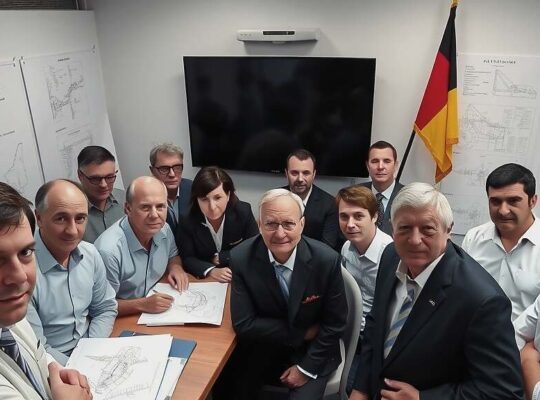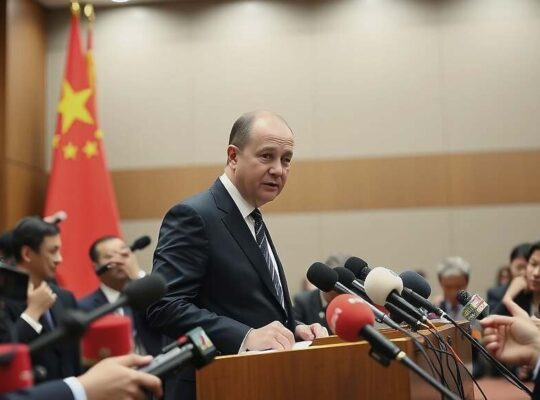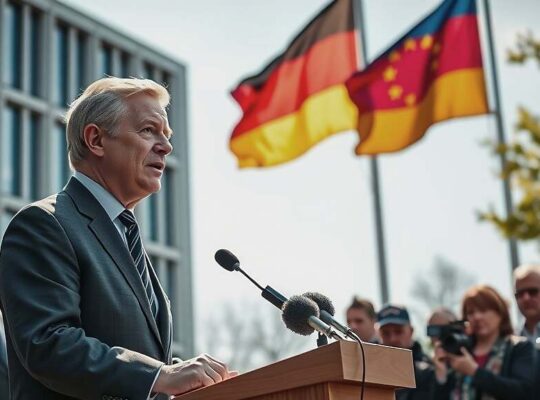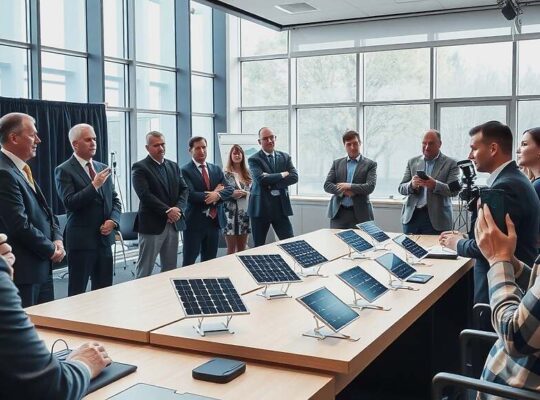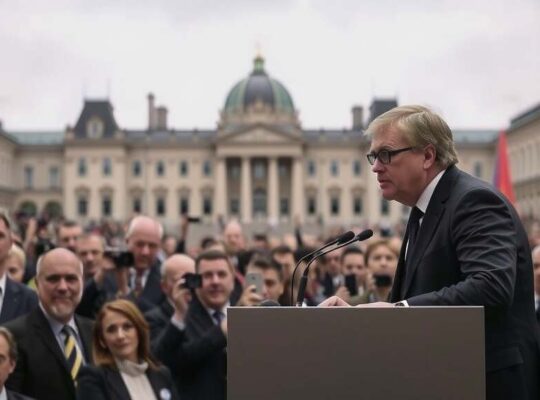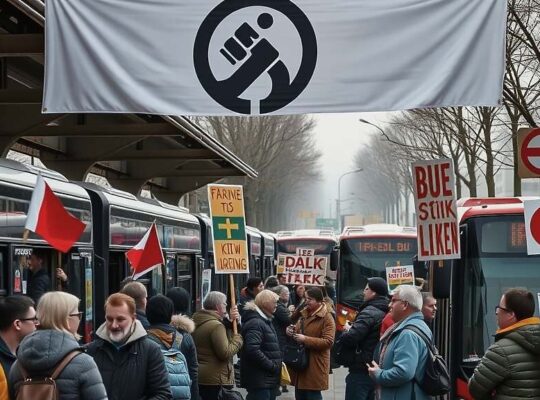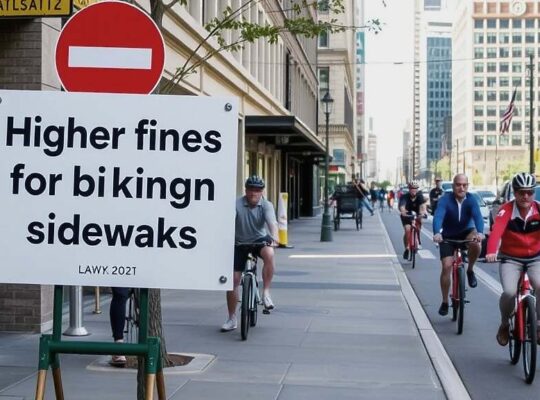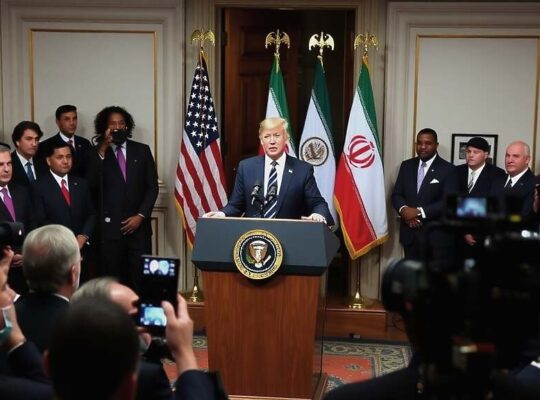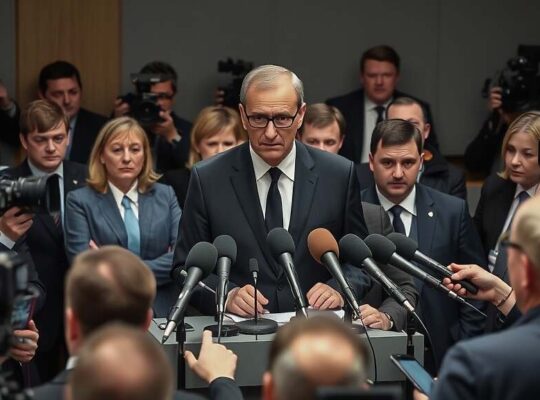A senior advisor to German Finance Minister Lars Klingbeil has ignited a debate surrounding the future of electric vehicle subsidies and emission targets, signaling a potential shift in government policy. Jens Südekum, acting as a personal advisor to Klingbeil, voiced opposition to a renewed purchase bonus for electric vehicles, arguing that such incentives disproportionately benefit homeowners already capable of affording them.
Speaking to the “Industrie und Handel” newsletter from Politico, Südekum specifically questioned the value of subsidies for individuals residing in single-family homes with the financial means to invest in both electric vehicles and supplementary solar panel installations. He acknowledged that for this demographic, the economic advantages of electric vehicle ownership are already established.
Südekum’s remarks come ahead of a crucial auto summit at the Chancellery on Thursday, where the overarching goal is to affirm the transition to electric mobility. However, his comments introduce a nuanced perspective, potentially indicating a reassessment of how Germany intends to achieve its ambitious climate goals.
More controversially, Südekum suggested a possible easing of rigid annual emission targets on the path to the 2035 deadline. He indicated openness to allowing vehicles equipped with range extenders and hybrid technologies, citing the need for flexibility as the industry navigates the complex transition. This stance diverges from a strict adherence to yearly emission reduction targets and reflects a pragmatic approach to accelerating the adoption of alternative technologies.
Furthermore, Südekum dismissed the viability of synthetic fuels (“E-Fuels”) as a meaningful solution, branding them “the biggest illusion in this debate” further solidifying the focus on battery electric vehicles and associated technologies.
Looking toward the critical period leading up to 2035, Südekum underscored the urgent need to facilitate the widespread adoption of electric vehicles. He emphasized the importance of expanding public charging infrastructure, specifically targeting densely populated areas and rental properties where access to private charging facilities is limited. He stressed the need for accessible and competitive charging prices to incentivize adoption among a broader demographic, moving beyond the early adopter market currently driving electric vehicle sales. The comments signal a potential recalibration of German EV policy, prioritizing equitable access and realistic timelines rather than relying on blanket subsidies.



